For Karen, Isaac, and Owen: My family and friends
THE TYRANNY
OF PRINTERS
Jeffrey L. Pasley
____________________
THE TYRANNY
OF PRINTERS
Newspaper Politics in the Early
American Republic

____________________________
University Press of Virginia
Charlottesville and London
The University Press of Virginia
2001 by the Rector and Visitors of the University of Virginia
All rights reserved
Printed in the United States of America
First published 2001
 The paper used in this publication meets the minimum requirements of the American National Standard for Information SciencesPermanence of Paper for Printed Library Materials, ANSI Z39.48-1984.
The paper used in this publication meets the minimum requirements of the American National Standard for Information SciencesPermanence of Paper for Printed Library Materials, ANSI Z39.48-1984.
Library of Congress Cataloging-in-Publication Data
Pasley, Jeffrey L., 1964
The Tyranny of printers : newspaper politics in the early American republic / Jeffrey L. Pasley
p. cm.(Jeffersonian America)
Includes bibliographical references (p.) and index.
ISBN 0-8139-2030-2 (cloth : alk paper)
1. JournalismUnited StatesHistory18th century. 2. JournalismUnited StatesHistory19th century. 3. Press and politicsUnited StatesHistory18th century. 4. Press and politicsUnited StatesHistory19th century. 1. Title. 11. Series.
PN4861 .P37 2001
071'3'09033dc21
00-051257
ACKNOWLEDGMENTS

In many ways, acknowledgment sections at the beginning of books are a futile exercise. As a working academic, giving papers and applying for jobs and fellowships, one finds oneself constantly referring to my work, my research, or my book. Sitting down to acknowledge ones scholarly debts brings home the deceptiveness of that possessive pronoun. It took hundreds of people to write this book, beginning with the past and present scholars whose writings laid the groundwork for it and continuing through the myriad family members, friends, teachers, colleagues, and librarians who facilitated the researching, writing, and rewriting of it. Many of the scholars get their acknowledgments in the notes, though space constraints limited even those to authors of the most directly and obviously relevant works. Everyone else must be contented with a brief notice in these few pages, and I can only beg the forgiveness of the many who will be left out.
First and foremost on my list of honorary coauthors is my wife, Karen Kunkel Pasley. We have been married nearly as long as I have been working on this project, and I cannot imagine having survived the rigors of graduate school and young professorhood without her love and friendship. This book also benefited greatly from Karens professional skills as an editor (and budding ones as an indexer). She has read this work almost as many times as I have, improving it immeasurablyand she still professes to find the book interesting! I cannot say that our sons, Isaac and Owen, have sped this work to completion, but they have been very effective reminders of the real purposes of life here on Earth.
Of course, I would not be here on Earth without my parents, John and Julie Pasley, and though I do want to thank them for all those years of food, clothing, shelter, love, and financial support, I would not want to blame my deeds on them. They did their best. I am sorry that my late grandfather James Pasley, who first got me interested in history, did not live to see this book published, though living to be 107 years old is a lot to ask of someone just to read a book.
I also have many, many intellectual debts. Though he hoped I would go into a very different field, it was Michael Zuckert, my mentor and friend at Carleton College, who first provided me the intellectual encouragement to pursue graduate study and an appealing example of what the life of a scholar and teacher could be. I also met Karen in one of his classes, so really just about everything that I have going now is partly traceable to Michael. (I will let him decide whether that is a good or bad thing.) Two of Michaels colleagues in the Carleton political science department, Catherine Zuckert and Steve Schier, were also good friends and role models, and I benefited greatly from the teaching and advice of numerous members of the Carleton history department. (Sadly for Carleton, Michael and Catherine have since moved on to the University of Notre Dame.)
Though a world apart from my life today, my two years of working in Washington, D.C., after college influenced me enormously, helping develop the basic perspective on political life that animates this book. For much of that time, I had the honor of serving as a reporter-researcher for The New Republic, a magazine I had read religiously since junior high school. I will always be grateful to TNRs owner, Martin Peretz, and his editorial staff of that period, including Michael Kinsley, Dorothy Wickenden, Jefferson Morley, Charles Lane, Leon Wieseltier, Louis Menand, Morton Kondracke, and Fred Barnes, for taking a starstruck kid from the provinces seriously. Besides providing many opportunities to write, and many lessons in good writing, working at TNR instilled a certain attention to the internal architectural details of political life, and the role of basic human impulses in driving it, that has stood me in good stead ever since. My fellow reporter-researcher, Adam Paul Weisman, was a good friend and colleague and helped reinforce the conclusion we both reached that, interesting as Washington was, academia might be better for our long-term intellectual and emotional health.
The TNR connection facilitated a chance to write speeches for one of the 1988 presidential campaigns. I did not particularly enjoy the hyper-competitive atmosphere of modern campaigning, but the experience lent some needed first-person specificity to my understanding of how American politics works in the present and enabled comparisons and contrasts that have, I believe, deepened my insights into American political cultures of the past. My two closest coworkers, Bruce Reed and Jerry Mande, were excellent guides to a somewhat bizarre world, and Fred Martin, the campaign manager, was kind enough to find me employment to bridge the gap between the end of the campaign and the beginning of graduate school. Luckily, one of those employers was expert political analyst Michael Barone, whose warm encouragement, encyclopedic knowledge, and voluminous library were instrumental in preparing me for what occasionally seemed like a doomed attempt to become a professional political historian.
Certain sections of this book originated as a seminar paper and then a dissertation at Harvard University. While the project has grown and changed quite a bit since then, it never would have begun without Bernard Bailyns interest and confidence in it. He was kind enough to take on a new student just before his retirement from teaching, and then let me pursue my own work in my own way, while keeping up just the right kinds of pressure. Besides his sterling example as a scholar, intellectual, and writer, Professor Bailyns largest contribution to my intellectual growth was his constant attention, in dealing with all his graduate students, to the So what? question. Early and often, we were forced to explain what made our projects worth doing and the results worth reading. By this means, the idea was deeply ingrained that serious scholars should do important, ambitious work and address big questions for relatively wide audiences. Other Harvard faculty were also helpful or helpfully challenging: these include Drew McCoy (now at Clark University), whose course taught me everything I then knew about the Early American Republic; my second reader, William Gienapp, who did not always agree with my approach but whose comments helped to sharpen my thinking and broaden my reading and methods; and Brian Balogh (now at the University of Virginia), whose interest and approachability were great morale-builders at the time. Theda Skocpols course and colloquium on American political development not only helped me see my own work in a new and broader perspective, but also provided some crucial outside encouragement. Christine McFadden, administrator of the History of American Civilization program, always made me feel there was someone in the office looking out for me, a nice feeling for a shy Midwesterner to have at a byzantine institution like Harvard.


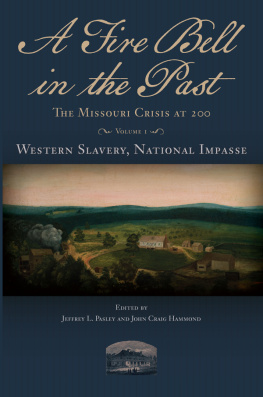
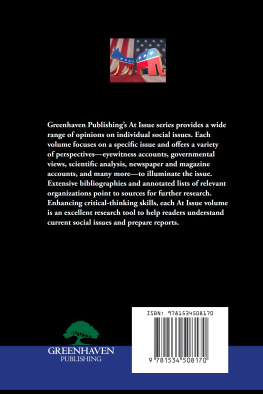
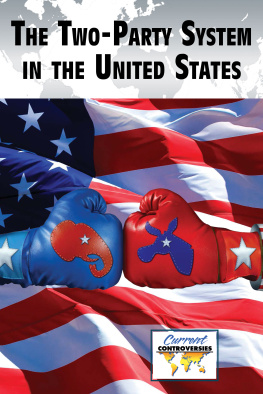
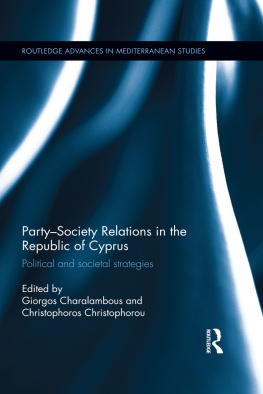
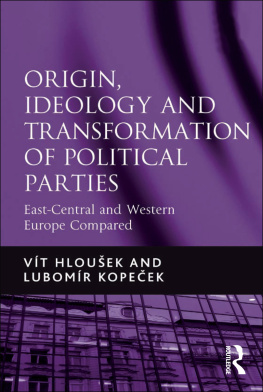
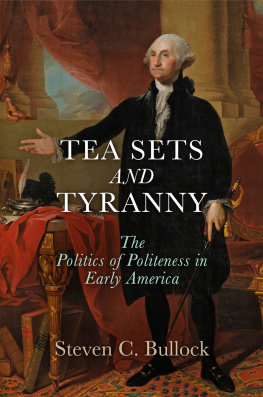
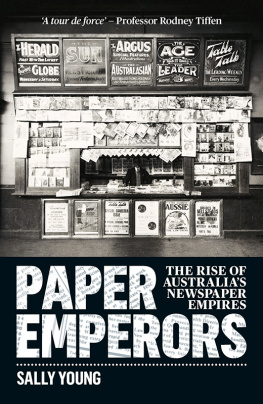
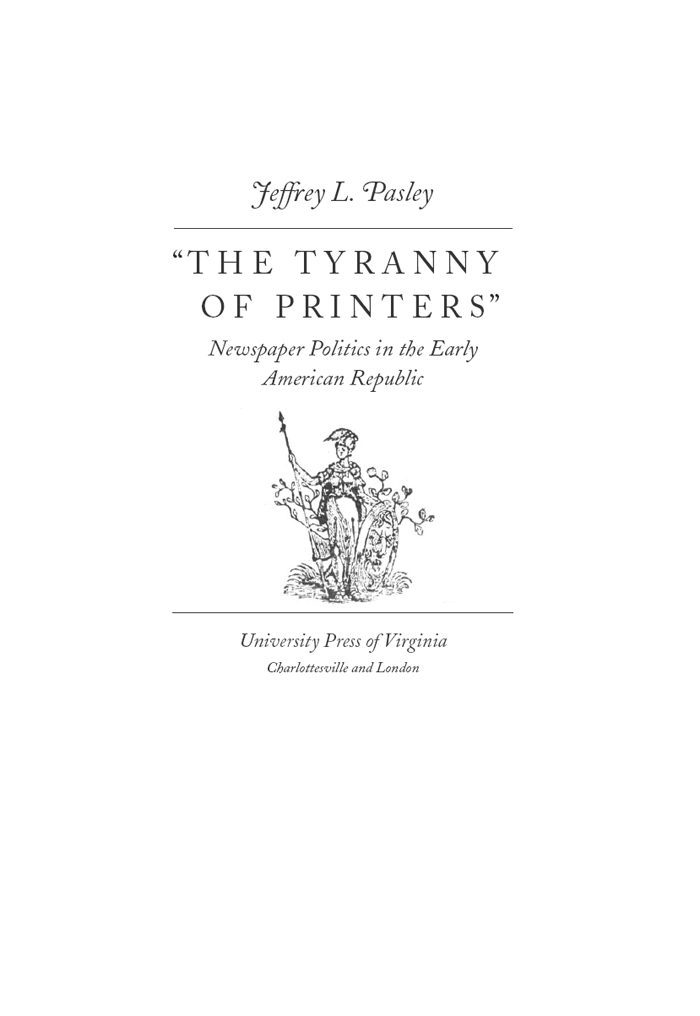

 The paper used in this publication meets the minimum requirements of the American National Standard for Information SciencesPermanence of Paper for Printed Library Materials, ANSI Z39.48-1984.
The paper used in this publication meets the minimum requirements of the American National Standard for Information SciencesPermanence of Paper for Printed Library Materials, ANSI Z39.48-1984.